Is It Safe to Travel to Jamaica in 2024? Essential Safety Tips
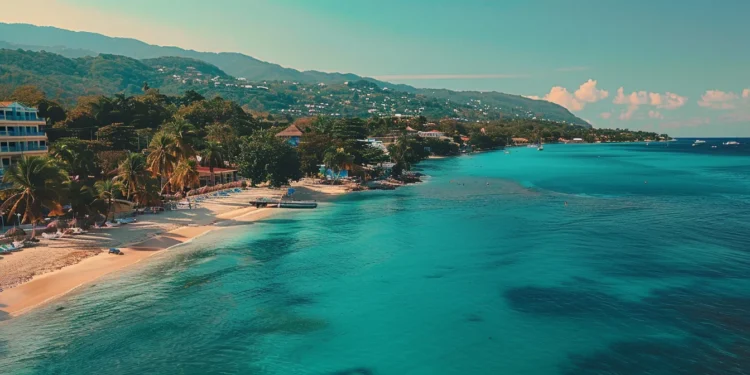
Is it safe to travel to Jamaica in 2024? This question weighs on many travelers’ minds as they plan their Caribbean getaways. In this guide, we’ll explore the current safety situation in Jamaica, highlight secure areas to visit, and provide essential tips to ensure your trip is both enjoyable and worry-free. We’ll cover everything from preparing for your journey to handling emergencies, giving you the confidence to make informed decisions about your Jamaican adventure.
Table of Contents
- 1 Key Takeaways
- 2 Understanding the Current Safety Situation in Jamaica for 2024
- 3 Safe Destinations and Regions to Visit in Jamaica
- 4 Essential Safety Tips for Traveling in Jamaica
- 5 Preparing for Your Trip to Jamaica in 2024
- 6 What to Do in Case of an Emergency
- 7 Positive Experiences From Recent Travelers
- 8 Conclusion
Key Takeaways
- Jamaica’s tourist areas generally have lower crime rates, with enhanced security measures in popular destinations
- Travelers should stay alert, safeguard belongings, and choose reliable transportation options for a safe visit
- Booking accommodations with strong safety ratings and obtaining comprehensive travel insurance are crucial preparatory steps
- Local community initiatives and responsible tourism practices contribute to improved safety and support for Jamaican communities
- Recent travelers report positive experiences, emphasizing the effectiveness of safety measures and welcoming nature of locals
Understanding the Current Safety Situation in Jamaica for 2024
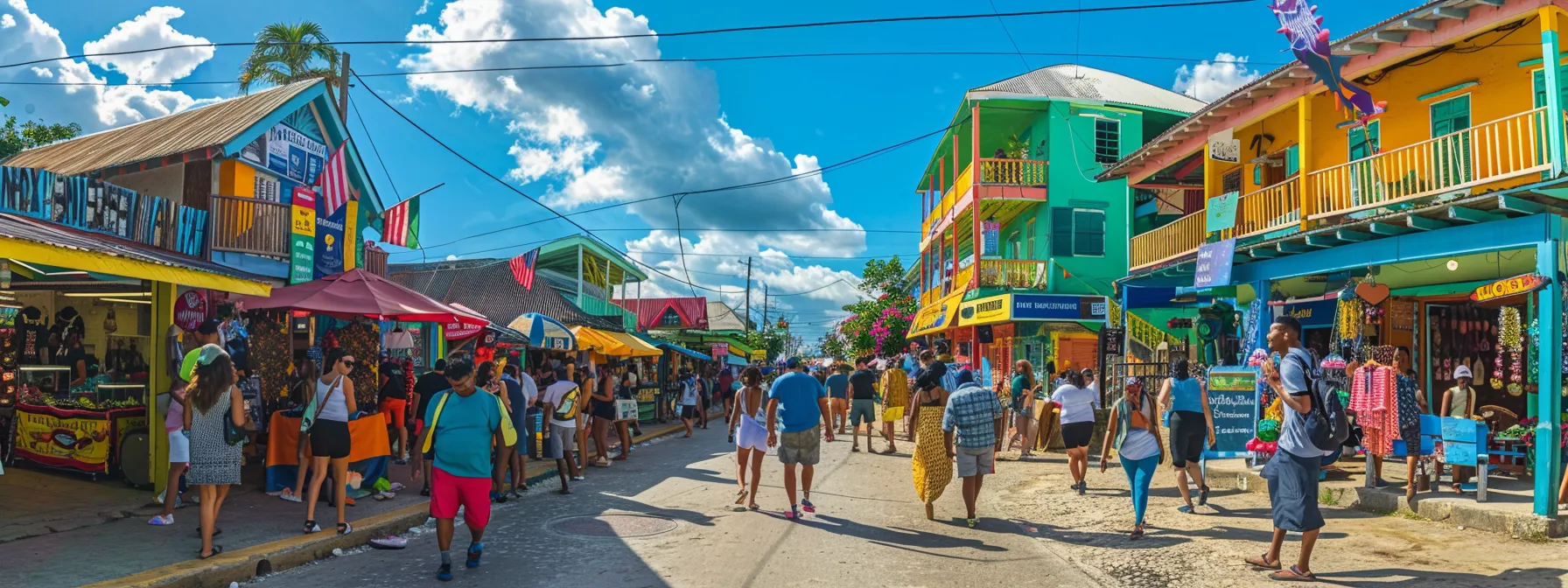
Jamaica’s safety situation in 2024 requires careful consideration for travelers. This section examines current crime rates, government advisories, areas of concern, recent events’ impact, and local perspectives. While Jamaica’s tourism industry thrives, understanding these factors is crucial for a safe visit, much like planning a trip to Armenia or North Macedonia.
Overview of Crime Rates and Trends
Jamaica’s crime rates and trends in 2024 present a complex picture for travelers. While popular tourist areas like Montego Bay and Negril generally maintain lower crime rates, certain urban areas experience higher levels of violent crime. The Jamaican government has implemented increased security measures in tourist zones, similar to efforts seen in Georgia and Tobago. However, visitors should remain vigilant, especially when venturing outside resort areas or participating in activities like hiking. The following factors contribute to the current safety situation:
- Fluctuating crime rates in different regions
- Targeted security measures in tourist-heavy areas
- Ongoing efforts to combat gang-related activities
- Increased police presence in popular destinations
- Collaborative initiatives between tourism industry and law enforcement
Government Travel Advisories and Warnings
Government travel advisories for Jamaica in 2024 highlight concerns about high homicide rates, particularly in certain urban areas. While tourist zones receive enhanced security measures, advisories caution travelers about potential risks outside these areas. Warnings also address traffic safety issues, noting that road conditions and driving standards differ from countries like Mali, Rwanda, or Bahrain. Travelers are advised to exercise increased caution, stay informed about local conditions, and follow guidelines provided by their respective governments and local authorities.
Areas With Increased Security Concerns
While Jamaica’s tourist areas generally maintain lower crime rates, certain regions require heightened caution. Urban centers like Kingston and Spanish Town experience higher crime levels compared to resort areas. Travelers should exercise particular vigilance in these locations, similar to precautions taken in parts of the Dominican Republic or Liberia. Additionally, some rural areas and informal settlements around major cities may pose increased security risks. Visitors planning excursions outside main tourist zones should research local conditions and consult recent advisories, as one might when visiting Montserrat or the West Bank.
Impact of Recent Events on Tourist Safety
Recent events in Jamaica have influenced tourist safety perceptions, prompting increased security measures similar to those implemented in Tulum. The Jamaican government has enhanced airport security and collaborated with airlines to ensure safer travel experiences. While medical evacuation services have improved, travelers are advised to have comprehensive insurance coverage, as they would when visiting Namibia or Kyrgyzstan. These developments aim to address safety concerns and maintain Jamaica’s appeal as a tourist destination.
Local Perspectives on Safety
Local perspectives on safety in Jamaica offer valuable insights for travelers. Tour operators emphasize the importance of staying in well-established tourist areas, similar to advice given for destinations like Sint Eustatius or Azerbaijan. While many Jamaicans acknowledge security challenges, they also highlight the country’s warm hospitality and the safety of popular tourist zones. Visitors are encouraged to exercise common-sense precautions, as they would when traveling to Virgin Islands or Qatar. Local tour guides often provide practical safety tips tailored to specific regions:
- Stick to well-lit, populated areas after dark
- Use reputable transportation services
- Keep valuables secure and out of sight
- Respect local customs and cultural norms
- Stay informed about current events and advisories
Safe Destinations and Regions to Visit in Jamaica
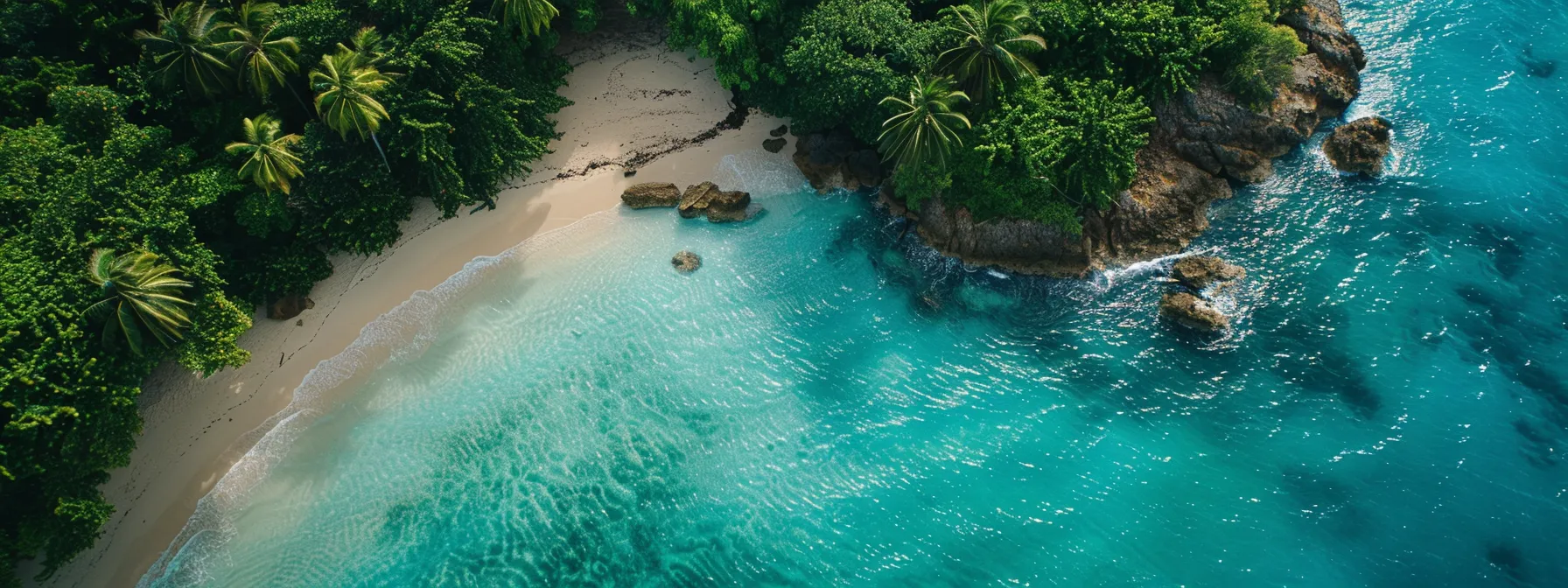
Jamaica offers several safe destinations for tourists in 2024. This section explores popular tourist zones with low crime rates, resort areas with enhanced security, off-the-beaten-path locations, cultural sites, and safe nightlife spots. Visitors should consider health insurance coverage, similar to trips to Mauritius or Bhutan, and be aware of potential scams. Understanding safe payment methods is crucial for a secure Jamaican experience.
Popular Tourist Zones With Low Crime Rates
Jamaica’s popular tourist zones boast low crime rates, offering safe havens for visitors in 2024. Areas like Negril, Montego Bay, and Ocho Rios have implemented robust security measures, similar to those in Curaçao and Tanzania. These destinations prioritize sustainability and visitor safety, with enhanced vehicle patrols and World Health Organization-approved health protocols. Tourists can explore these regions with confidence, enjoying pristine beaches and cultural attractions while benefiting from increased vigilance by local authorities:
Resort Areas With Enhanced Security Measures
Jamaica’s resort areas have implemented enhanced security measures to ensure visitor safety, rivaling those found in destinations like Panama or Saint Martin. These measures include gated entrances, 24/7 surveillance systems, and trained security personnel. Many resorts also collaborate with local law enforcement to maintain a visible presence, deterring potential violence. Visitors can enjoy peace of mind while experiencing Jamaica’s renowned hospitality, much like in the Palestinian Territories or South Georgia and the South Sandwich Islands, where tourism security has become a priority.
Off-the-Beaten-Path Locations That Are Safe
Jamaica offers several off-the-beaten-path locations that provide safe experiences for adventurous travelers. Areas like Port Antonio and Treasure Beach offer tranquil settings with lower tourist traffic, similar to less-frequented parts of Hong Kong or Turkmenistan. Visitors should still prioritize safety by purchasing comprehensive travel insurance that covers medical emergencies, as they would when exploring remote areas in Cancún. These secluded destinations often provide unique cultural experiences and natural attractions while maintaining a calm atmosphere conducive to relaxation and exploration.
Cultural and Historical Sites With Good Safety Records
Jamaica’s cultural and historical sites offer visitors a safe and enriching experience, rivaling destinations like Indonesia or Peru in terms of heritage preservation. Sites such as the Bob Marley Museum in Kingston and Rose Hall Great House in Montego Bay maintain excellent safety records, employing trained guides and security personnel. These attractions provide insight into Jamaica’s rich history and culture while ensuring visitor safety through measures similar to those found at historical sites in Kosovo or Burundi. Travelers can explore these venues with confidence, enjoying guided tours and educational experiences that showcase Jamaica’s unique heritage, much like the historical tours offered in Guyana.
Nightlife and Entertainment Spots Safe for Tourists
Jamaica offers vibrant nightlife and entertainment options that prioritize tourist safety, rivaling destinations like the Czech Republic or Poland. Popular coastal areas such as Montego Bay and Negril feature well-patrolled bars and clubs, employing security measures similar to those found in Canada’s bustling nightlife scenes. Visitors can enjoy live reggae performances, beachfront parties, and cultural events with peace of mind, much like the nightlife experiences in the Philippines. Local authorities and venue owners collaborate to maintain a safe environment for tourists, implementing measures such as:
- Regular police patrols in entertainment districts
- Well-lit streets and designated taxi stands
- ID checks and security screenings at popular venues
- Tourist-friendly zones with increased surveillance
- Shuttle services between resorts and nightlife areas
Essential Safety Tips for Traveling in Jamaica
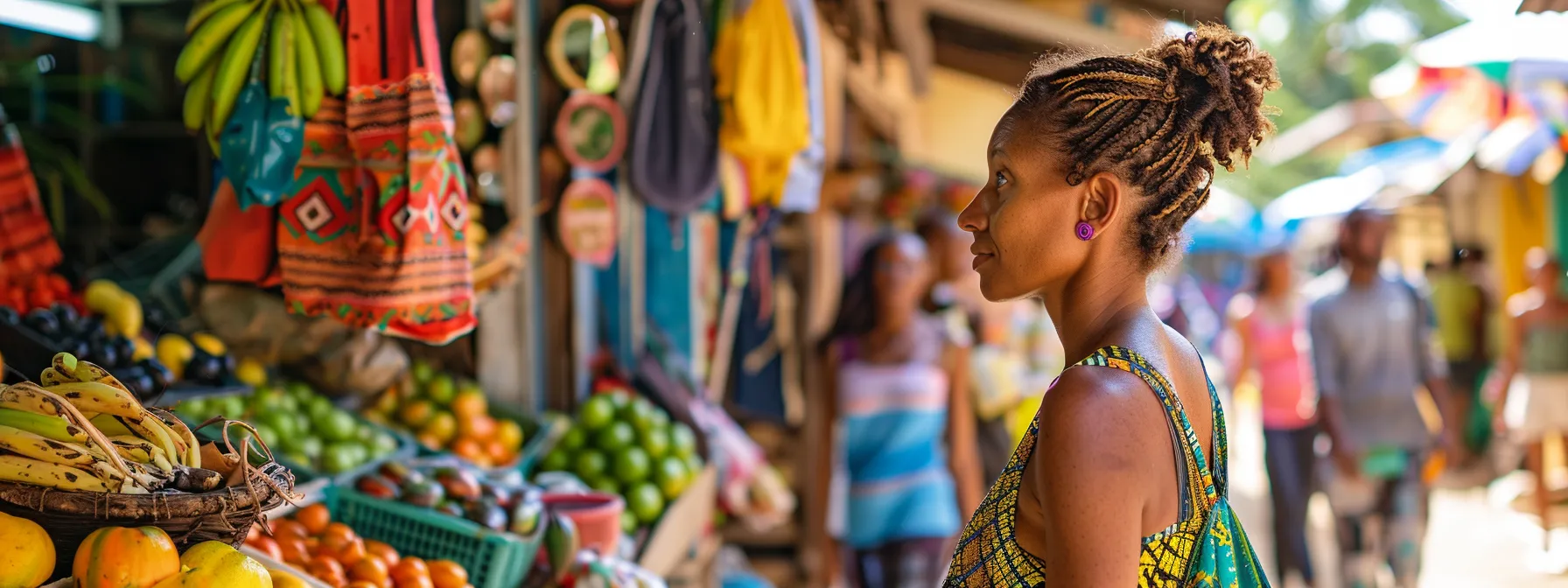
Travelers visiting Jamaica in 2024 should follow essential safety tips to ensure a secure experience. This section covers staying alert, safeguarding belongings, choosing reliable transportation, health precautions, and respecting local customs. Like in Togo or San Marino, pedestrian awareness is crucial. Understanding police procedures and medical preparations, as one would in Austria, enhances safety during Jamaican travels.
Staying Alert and Aware of Your Surroundings
Staying alert and aware of surroundings is crucial for travelers in Jamaica, much like in Vanuatu or Antigua. Visitors should remain vigilant in crowded areas, particularly in urban centers or markets. Understanding local culture, as one would in Oman, helps tourists recognize potential risks and navigate unfamiliar situations safely. In Jamaica, travelers should practice situational awareness, keeping valuables secure and avoiding isolated areas, especially after dark. The following table outlines key awareness strategies:
Safeguarding Personal Belongings and Valuables
Travelers to Jamaica should safeguard personal belongings and valuables with vigilance, similar to precautions taken when visiting Senegal or the Cook Islands. Visitors should use hotel safes or ship lockers to secure passports, excess cash, and valuable items. When exploring local markets or beaches, tourists should carry only essential items and keep them close, as they might while fishing in coastal areas. Consulting with local authorities or a consul can provide additional guidance on protecting personal property during a Jamaican vacation.
Choosing Reliable Transportation Options
Travelers in Jamaica should prioritize reliable transportation options to ensure safety and convenience. Like in the Grenadines or Anguilla, visitors should use licensed taxis or reputable tour operators for excursions. Hotel shuttles offer secure transport to popular attractions, similar to services in Uzbekistan. For those exploring coral reefs or remote areas, pre-arranged transportation through certified providers is essential, as one might do in Kiribati. The following table outlines recommended transportation options in Jamaica:
Health Precautions and Medical Preparations
Travelers to Jamaica should prioritize health precautions and medical preparations before their trip. Visitors should consult with their healthcare provider about necessary vaccinations and medications, especially if planning to explore mountainous regions or use public transport during spring break. It’s advisable to carry a copy of one’s passport and comprehensive travel insurance that covers medical emergencies, similar to preparations for trips to the Virgin Islands. Tourists should also be aware of the nearest medical facilities to their accommodations and carry a basic first-aid kit for minor ailments.
Respecting Local Laws and Customs
Respecting local laws and customs in Jamaica is crucial for a safe and enjoyable trip, much like adhering to cultural norms in Benin or Germany. Visitors should familiarize themselves with Jamaican regulations, particularly regarding public behavior and drug possession. Tourists should dress modestly when visiting villages or religious sites, similar to cultural expectations in Baja California. Travelers should heed local advisories and avoid photographing government buildings or military installations without permission. The following table outlines key customs to observe in Jamaica:
Preparing for Your Trip to Jamaica in 2024
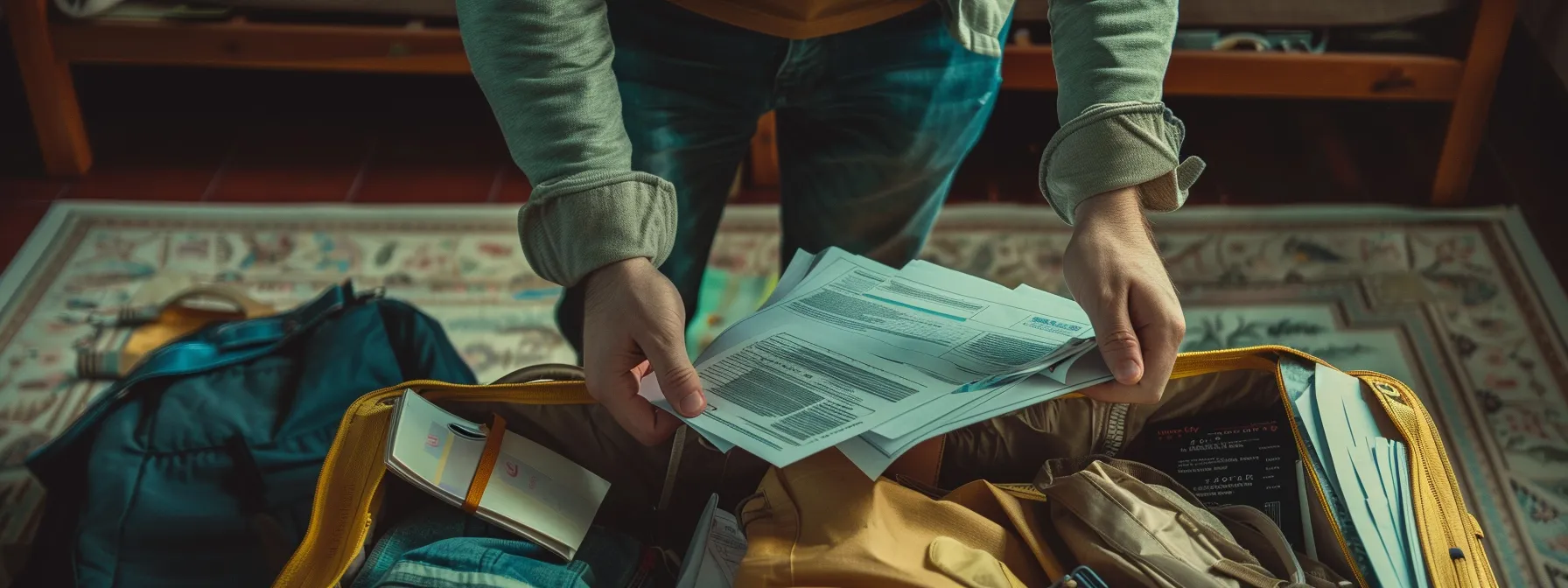
Preparing for a trip to Jamaica in 2024 requires careful planning to ensure safety. Travelers should book accommodations with strong safety ratings, register with their embassy, obtain comprehensive travel insurance, secure copies of important documents, and plan itineraries with safety in mind. These steps, similar to preparations for visits to Palau or Moldova, help mitigate risks and enhance the travel experience, whether exploring Negril’s beaches or observing unique species during a storm.
Booking Accommodations With Strong Safety Ratings
Booking accommodations with strong safety ratings is crucial for travelers visiting Jamaica in 2024. Visitors should prioritize resorts and hotels that implement robust security measures, similar to those found in Tonga or the West Indies. These properties often feature gated entrances, 24-hour security personnel, and secure in-room safes for storing medication and valuables. Travelers from the United States and other countries can reduce risk by choosing accommodations that have received positive safety reviews from previous guests and are located in well-patrolled areas.
Registering With Your Embassy or Consulate
Travelers to Jamaica should register with their embassy or consulate before departure, a practice common for visitors to Trinidad and Bermuda as well. This step enables officials to contact travelers in emergencies, provide crucial updates, and offer assistance if needed. As tourism in Jamaica continues to grow, similar to trends in Réunion and parts of Asia, embassy registration becomes increasingly important for maintaining traveler safety and communication channels.
Obtaining Travel Insurance With Comprehensive Coverage
Obtaining comprehensive travel insurance is essential for visitors to Jamaica in 2024. Travelers should select policies that cover medical emergencies, trip cancellations, and lost luggage, similar to coverage recommended for trips to Belize or Liechtenstein. The Bureau of Consular Affairs advises U.S. citizens to verify their insurance includes medical evacuation, as healthcare standards may differ from those in the Republic of the Congo or Aurora. Visitors should carefully review policy details to ensure adequate protection for activities like snorkeling or hiking, considering Jamaica’s diverse terrain and potential risks.
Keeping Copies of Important Documents Secure
Travelers to Jamaica should keep secure copies of important documents, including passports, visas, and medical records. This precaution, similar to practices recommended for visitors to Serbia or Sweden, helps in case of loss or theft. Tourists can store digital copies in encrypted cloud storage and carry physical copies separate from originals. For those with health concerns, including HIV-related documents, secure storage is crucial, as it is in Algeria or other Caribbean nations. This approach ensures quick access to vital information if needed during the trip.
Planning Itineraries With Safety in Mind
Travelers planning itineraries for Jamaica in 2024 should prioritize safety by scheduling activities during daylight hours and in well-populated areas. Similar to precautions taken in Ecuador or Mauritania, visitors should research and select reputable tour operators for excursions, ensuring they have proper insurance coverage. When exploring attractions in Jamaica, tourists should consider factors like transportation reliability and proximity to medical facilities, much as they would when visiting Tajikistan. By carefully balancing adventure with caution, travelers can create a memorable and secure Jamaican experience without relying on potentially misleading advertisements.
What to Do in Case of an Emergency
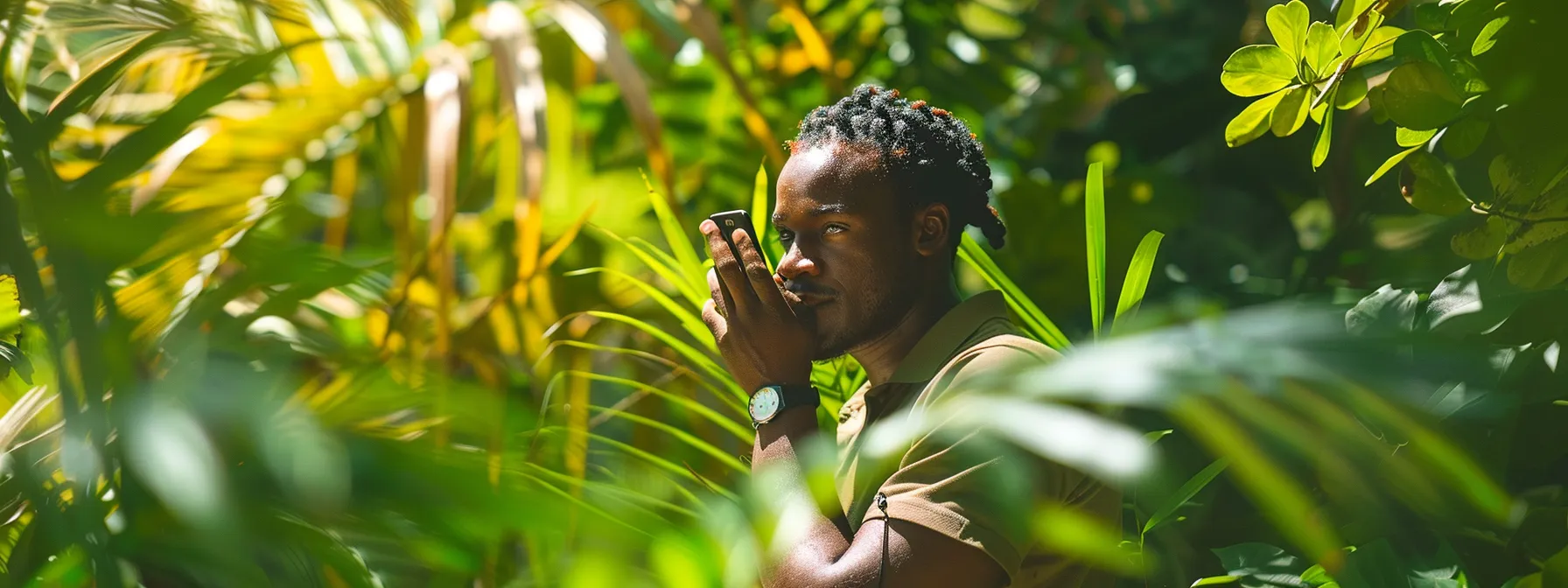
In case of emergencies while traveling in Jamaica, visitors should be prepared to act swiftly and effectively. This section covers contacting local authorities, accessing medical assistance, reaching out to embassies, utilizing travel assistance services, and communicating with family. Like in Albania or New Guinea, understanding these procedures is crucial for safety. The Federal Aviation Administration recommends familiarizing oneself with local emergency protocols, similar to those in Guadeloupe, to ensure a secure island experience.
Contacting Local Authorities and Emergency Services
In Jamaica, travelers should contact local authorities and emergency services immediately in case of an emergency. The emergency number for police, fire, and ambulance services is 119, similar to the system in Bulgaria. Visitors should provide clear details about their location and the nature of the emergency, as they would when calling for help on Easter Island or in Madagascar. For medical emergencies, tourists can also contact their hotel’s front desk or resort security, who often have direct lines to local emergency services and can provide faster assistance, similar to practices in Hawaii or Antigua and Barbuda.
Accessing Medical Assistance and Hospitals
In Jamaica, accessing medical assistance and hospitals is crucial for travelers facing health emergencies. Visitors should familiarize themselves with the locations of major hospitals in tourist areas like Ocho Rios, similar to preparations made when visiting Bosnia and Herzegovina or Luxembourg. For serious illnesses or injuries, tourists may need to be evacuated to facilities with higher standards of care, as is sometimes necessary in Micronesia. Travelers should carry their insurance information and be prepared to pay upfront for medical services, as many Jamaican hospitals require immediate payment before treatment, even for potentially life-threatening diseases.
Reaching Out to Your Embassy or Consulate
In case of emergencies in Jamaica, travelers should contact their embassy or consulate promptly. While climate change may affect travel patterns to Europe or Greece, Jamaica’s embassy services remain crucial for visitor safety. Consular officials can provide assistance with medical emergencies, legal issues, or natural disasters like heavy rain or ocean-related incidents. Travelers should store embassy contact information securely and be prepared to provide passport details and location when reaching out for help.
Utilizing Travel Assistance Services
Travelers to Jamaica should utilize travel assistance services provided by their insurance companies or third-party providers in case of emergencies. These services can offer valuable support, similar to those available for trips to California or Argentina, including medical evacuations, legal assistance, and emergency cash transfers. Many travel assistance companies have partnerships with local hospitals and government agencies in Jamaica, facilitating smoother communication and quicker response times. Visitors should keep their service provider’s contact information readily accessible, as they would when traveling to Montenegro, to ensure prompt assistance during unexpected situations.
Communicating With Family and Friends Back Home
Travelers to Jamaica should establish a communication plan with family and friends back home before departure. This plan should include regular check-ins and emergency contact procedures, similar to those used when visiting Haiti. In case of an emergency, visitors should utilize reliable communication methods such as mobile phones, email, or social media platforms to update loved ones about their situation and safety status. Travelers should also be aware of potential communication challenges, such as limited cellular coverage on remote roads or during vaccine distribution events, and have backup options like satellite phones or local SIM cards.
- Set up a regular check-in schedule with family
- Share detailed itinerary and accommodation information
- Provide emergency contact numbers for local authorities
- Establish a code word for serious situations
- Use secure messaging apps for sensitive information
Positive Experiences From Recent Travelers
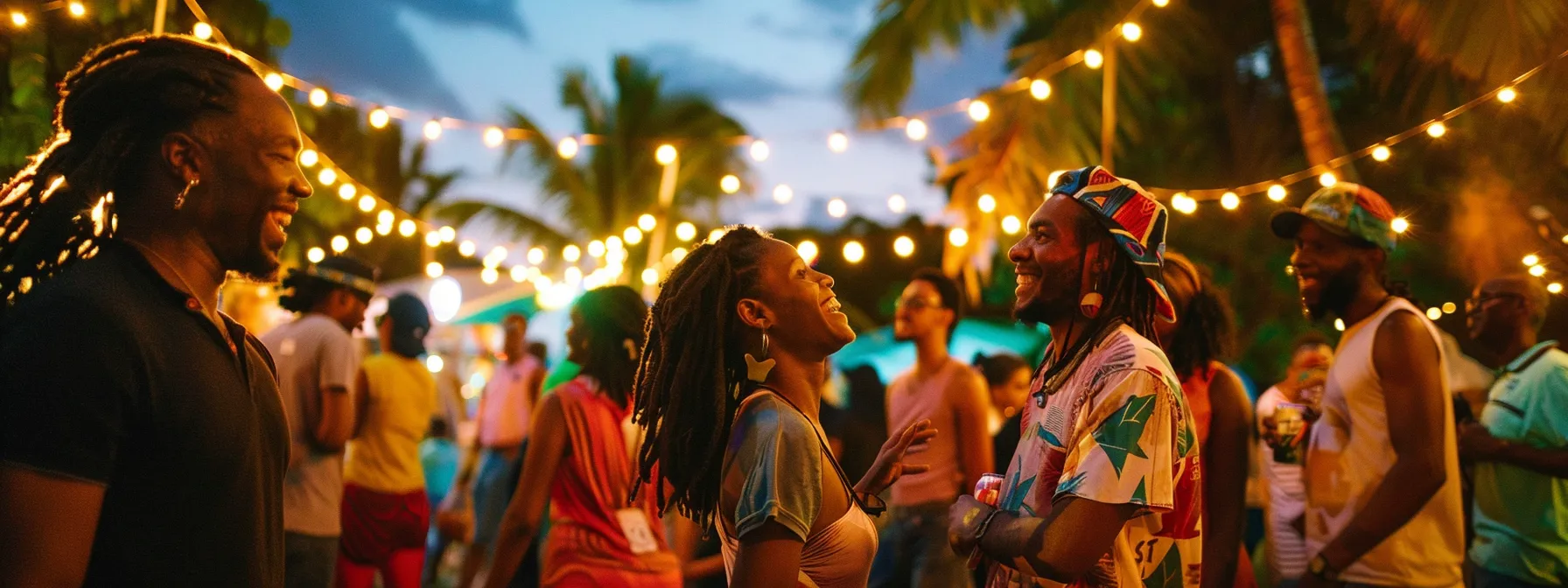
Recent travelers to Jamaica share positive experiences, highlighting safety initiatives and responsible tourism practices. This section explores testimonials, community efforts, and tips from experienced visitors. It examines how tourism supports local communities in Jamaica, similar to initiatives in Saint Lucia and the British Virgin Islands. Insights on safe travel practices, comparable to those in Barbuda and Seychelles, are also discussed.
Testimonials of Safe Travel in Jamaica
Recent travelers to Jamaica have shared positive testimonials about their safe experiences, highlighting the country’s commitment to visitor security. Tourists from various countries, including Belgium and Lithuania, reported feeling secure while exploring Jamaica’s attractions and engaging with local communities. These travelers emphasized the effectiveness of law enforcement presence in tourist areas, comparable to safety measures observed in Uruguay and Nauru. Many visitors praised the welcoming nature of Jamaican people and the country’s efforts to maintain a safe environment for international guests.
Community Initiatives Enhancing Tourist Safety
Community initiatives in Jamaica have significantly enhanced tourist safety, rivaling efforts seen in the United Arab Emirates and The Gambia. Local organizations collaborate with law enforcement to create neighborhood watch programs, ensuring visitors feel secure even in areas off the beaten path. These initiatives, supported by Virgin Atlantic’s community engagement programs, have fostered a culture of hospitality and vigilance among residents. Tourists benefit from improved lighting in public spaces, clearly marked safe zones, and community-led tours that showcase Jamaica’s rich culture while prioritizing visitor safety. Such efforts have contributed to a positive shift in tourism experiences, comparable to safety improvements observed in Comoros, and have helped alleviate concerns for travelers, including those with Medicaid coverage seeking international healthcare options.
Tips From Experienced Visitors
Experienced visitors to Jamaica offer valuable tips for safe and enjoyable travel. They recommend using reputable transport services, similar to those in Gibraltar or Bolivia, to navigate the island securely. Many suggest exploring Jamaica’s vibrant culture through guided tours, which provide insights into local customs while ensuring safety. Travelers also advise using official bus services or hotel shuttles when moving between destinations, a practice common in Barbados. These tips, combined with standard precautions, contribute to positive experiences for visitors exploring Jamaica’s diverse attractions.
How Tourism Supports Local Communities
Tourism in Jamaica plays a vital role in supporting local communities, similar to its impact in Eritrea and Bonaire. Visitors contribute directly to the economy by patronizing local businesses, artisans, and tour operators, fostering sustainable development. This economic boost extends beyond tourist hubs, benefiting rural areas in ways comparable to community-based tourism initiatives in São Tomé and Príncipe and Malawi. Jamaica’s tourism industry also promotes cultural preservation and environmental conservation efforts, aligning with sustainable practices seen in Brunei. The positive effects of responsible tourism on local communities include:
- Job creation in hospitality, transportation, and tour guiding sectors
- Increased demand for locally-produced goods and services
- Support for educational and healthcare initiatives through tourism revenue
- Preservation of traditional crafts and cultural heritage
- Investment in infrastructure improvements benefiting both tourists and residents
Encouraging Responsible and Safe Travel Practices
Encouraging responsible and safe travel practices in Jamaica involves educating visitors about local customs and environmental conservation, similar to initiatives in Estonia and Libya. Travelers are advised to respect protected areas, such as those in Quintana Roo, and to use licensed guides for exploring natural attractions. While Jamaica’s health care system differs from some visitors’ home countries, tourists can contribute positively by supporting local clinics and respecting public health guidelines. This approach not only enhances safety but also fosters sustainable tourism, benefiting both visitors and local communities.
Conclusion
Traveling to Jamaica in 2024 requires careful planning and awareness of safety considerations, but with proper precautions, visitors can enjoy a secure and rewarding experience. By staying informed about current conditions, choosing reputable accommodations and tour operators, and respecting local customs, tourists can significantly reduce potential risks. Implementing essential safety tips, such as registering with embassies, obtaining comprehensive travel insurance, and staying vigilant in unfamiliar areas, empowers travelers to make the most of Jamaica’s vibrant culture and natural beauty. Ultimately, responsible tourism not only ensures personal safety but also contributes positively to local communities, fostering a sustainable and mutually beneficial relationship between visitors and the island nation.






